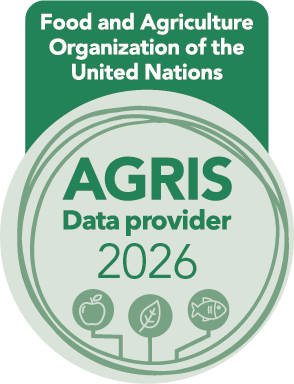Adoption of disaster risk reduction strategy in agriculture sector at Southkhali Union of Sharankhola Upazila, Bangladesh
DOI:
https://doi.org/10.26832/24566632.2019.040203Keywords:
Adaptation strategy, Agriculture, Climate change, Disaster risk reductionAbstract
Climate change is contemporary global threat especially for coastal area of Bangladesh which drastically affects in agricultural sector. The purpose of the study was to determine the extent of adopting disaster risk reduction strategies by farmer towards agriculture sector in Southkhali union of Sharankhola upazila. Data were collected following a structured pretested interview schedule, FGD and KII and then verified with secondary sources of information. Coefficients of Correlation and regression analysis were used to find out the contribution of factors to the variation of adopting disaster risk reduction strategy by farmers in agriculture sector. The study found that the salinity was the major climate change effect in agriculture sector of this area that resulted soil salinity in agriculture and the most common adopted strategies are rain water harvesting (90%), tree plantation (89.16%) and homestead gardening (80.83%) in agriculture. Correlation analysis indicated that age (0.383**), farming experience (0.441**), communication exposure (0.271*) and organizational support (0.226*) had positive significant relationship and climate change effect (-0.266**) had negative significant relationship with adoption of disaster risk reduction strategy of farmers in agriculture. Regression analysis revealed that farming experience (β=0.546) has the strongest contribution and climate change effect (β=-0.139) had negative contribution to the adoption of disaster risk reduction strategies in agriculture. Based on this observation it can be concluded that the awareness and skill of farmer should be more developed through arranging different training program and providing necessary support to promote environmentally safe cultivation and to enhance climate change adaptation in agriculture sector.
Downloads
Downloads
Published
How to Cite
Issue
Section
License
Copyright (c) 2020 Agriculture and Environmental Science Academy

This work is licensed under a Creative Commons Attribution-NonCommercial 4.0 International License.




